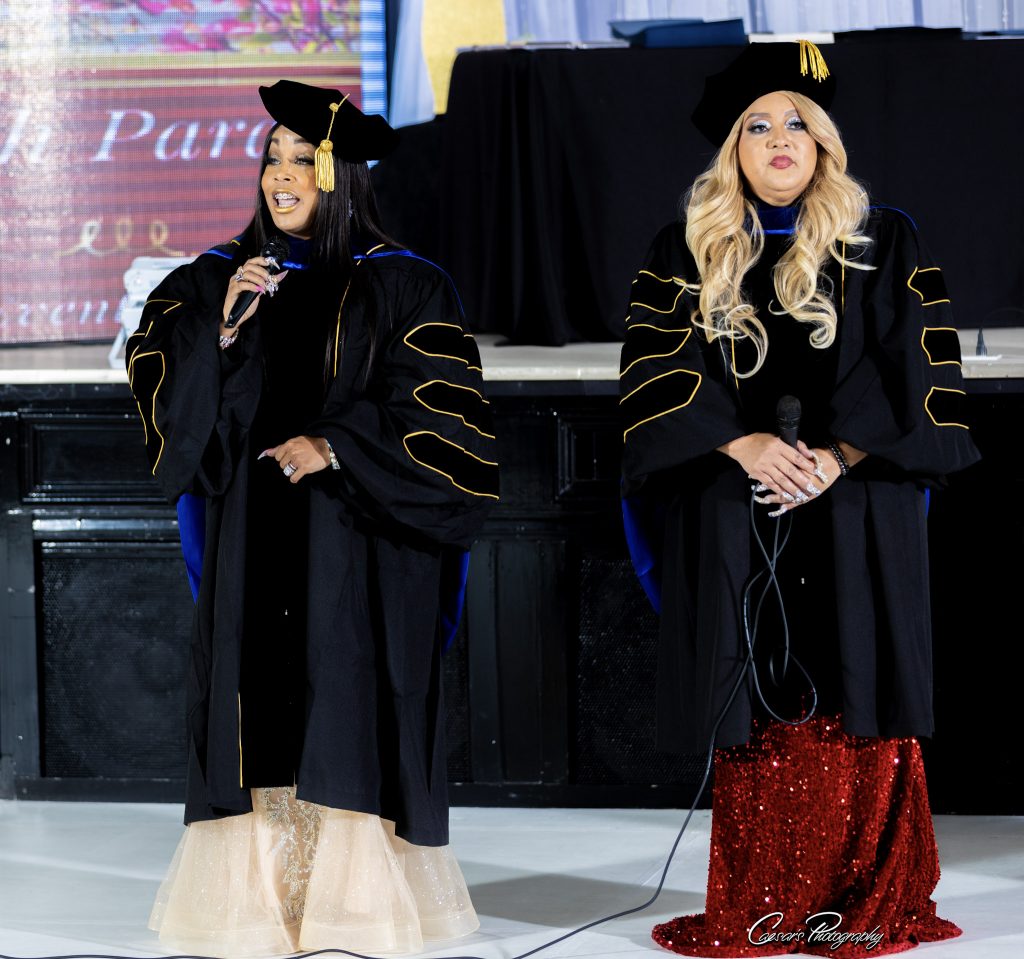Using Knowledge to Improve Funder Practice


The TEFN, the Transforming Evidence Funders Network, is a new alliance between evidence funders dedicated to improving the quality of the evidence we fund. It has three primary goals:
- Improve the transparency of funder practices.
- Strengthen the science behind funder decisions.
- Create new, unbiased funding sources for innovative and scalable research and development.
These goals are accomplished by engaging in various activities, including developing and sharing knowledge and research, engaging in collaborative networks, and developing and promoting a culture of evidence.
Peers and colleagues-Improve Funder Practice
Peers and colleagues are a key source of knowledge for funders. This knowledge can help them better understand a problem, improve a process, or spark conversation. Whether a funder is interested in diversity, equity, and inclusion or wants to increase philanthropic effectiveness, they can learn more from their peers.
The William and Flora Hewlett Foundation has partnered with Engage R+D to help funders build their knowledge about philanthropy. A study released in 2016 examined the sources of knowledge funders use. The primary sources are grantee interactions, conferences, and email/newsletters.
Several funders also look to their internal processes and methods of working to strengthen their approaches. For example, one program staff member identified a need to have more difficult conversations with others. She practiced the process in real life.
One way to implement the peer learning process is to have a neutral facilitator who doesn’t have a position within the organization. Keeping the conversation moving forward and providing honest feedback is important.
Boundary spanners-Improve Funder Practice
A boundary spanner is a key element of the collaborative process. Using a boundary spanner is a way to create effective knowledge exchange in complex problems. It involves matching tools and techniques to the needs of the producer and user of information. While a boundary spanner’s role may differ from project to project, certain traits are important to a successful one.
Boundary spanners must have a breadth of experience in a particular field. In addition, they must be able to deal with a large variety of information sources and communicate well. The role of a boundary spanner is often highly stressful and requires patience and perseverance.
To be a successful boundary spanner, a person must be able to develop relationships, build partnerships, and establish trust among stakeholders. They must be creative and innovative and be able to work through barriers. These qualities are important to TE since knowledge transfer can be difficult when dividing groups.
Transforming Evidence Funders Network (TEFN)
The Transforming Evidence Funders Network (TEFN) is a network of funders that aims to expand the use of evidence for social impact. It is a hub for researchers and practitioners, connecting knowledge across countries and disciplines.
TEFN convenes public and private funders to support engaged research and emerging partnerships in diverse settings. It provides networking and training opportunities, as well as resources. TEFN supports scholarship that addresses the needs of policymakers and practitioners.
TEEN participants are beginning to identify the conditions and incentives that will foster stronger partnerships. TEFN’s grantmaking practices include supporting non-research partners’ research engagement and providing enough time to participate in projects meaningfully.
TEFN provides monthly learning sessions that allow participants to analyze challenges and share promising initiatives. They also identify areas where they can coordinate efforts to create systemic change in research utilization.
TEFN’s work builds on effective grantmaking practices developed by other funders. For example, the Carnegie Corporation of New York supports TEFN’s “Bridging the Gap” grant competition. In addition, TEFN’s Institutional Challenge Grant Program is supported by the Spencer Foundation and the William T. Grant Foundation (WTG).
TEEN’s focus on research-practice-policy partnerships has been well received. Many funders are reshaping their grantmaking practices to support partnerships. Others are creating innovative models that make these practices accessible to other philanthropies.
